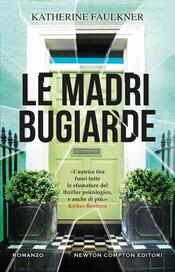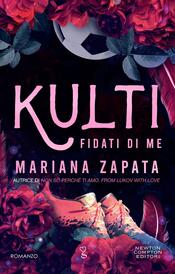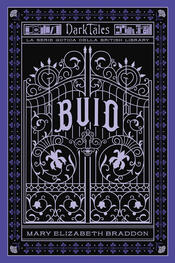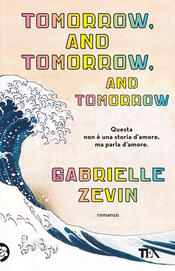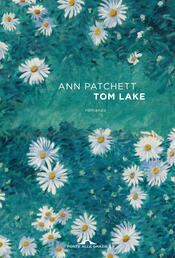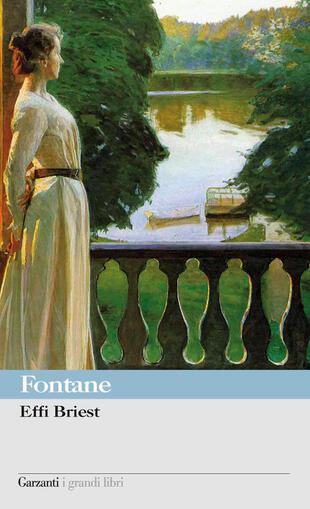

Sinossi
Nel centenario della nascita, Thomas Mann rende omaggio a Fontane celebrando il suo capolavoro, Effi Briest: «Non si usa forse dire che nessuna costruzione prodotta dalla mano dell'uomo può essere perfetta? E invece, per quanto si possa essere propensi a esortare gli uomini alla modestia, l'affermazione è sbagliata, la cosa perfetta esiste: sognando, l'uomo che è artista ogni tanto la produce. Sono casi, come si è detto, fortunati e rarissimi; perché accada si rende necessaria un'incredibile benevolenza e grazia delle circostanze, fin le più sottili: ma se tutto torna, ecco che la cosa si forma, e il cristallo risulta puro. Fontane ha potuto godere nella sua vecchiaia la felicità e la malinconia di questa combinazione, che porta alla luce qualcosa di assoluto e di sommo».
- ISBN: 8811135168
- Casa Editrice: Garzanti
- Pagine: 303
- Data di uscita: 12-04-2012
Recensioni
Subtlety is an art form rarely seen in our era. We live in a time where bombastic, loud, and graphic compete for our senses. But does one really need that much noise and glamor in order to captivate? Are we really that inattentive? Theodore Fontane’s Effi Briest is the rare novel that exercises grac Leggi tutto
This is one of the most important works of German poetic realism: Fontane employs his trademark quiet and elegic tone and juxtaposes it with the tragic story of 17-year-old Effi who is forced to marry a much older man during the Wilhelmine Period (the story was first serialized in a magazine and the Leggi tutto
My take on Effi: I don't think I like it very much - I kind of hate it- but I found it continually interesting due to what I consider its rule breaking, which is mostly in questions of pacing. The big scenes are off screen, the small moments of movement are expanded out, and then the rush begins. Fo Leggi tutto
I left this book a long time on my To-Read shelf because I thought it was a depressing naturalistic novel, typical for the late 19th century. You know, with characters defined by their origins, under immense social pressure, and ingloriously lost to their predetermined fate. But when I finally got i Leggi tutto
Citazioni
Al momento non ci sono citazioni, inserisci tu la prima!










